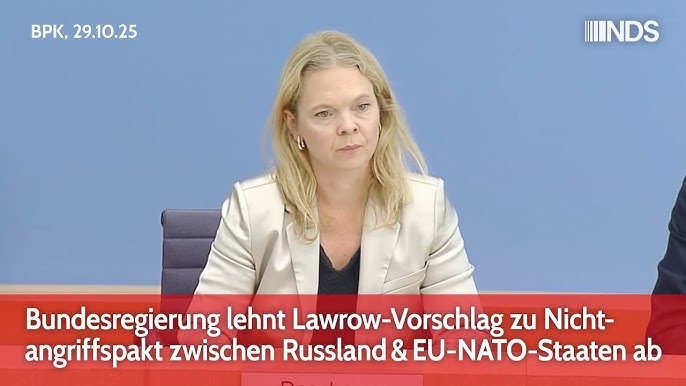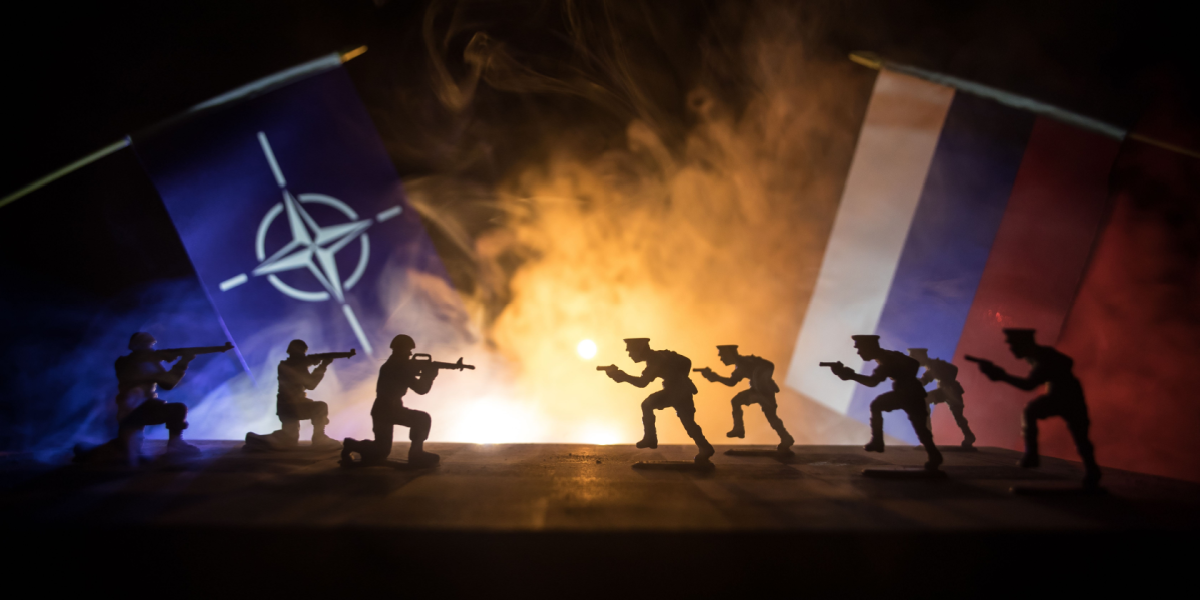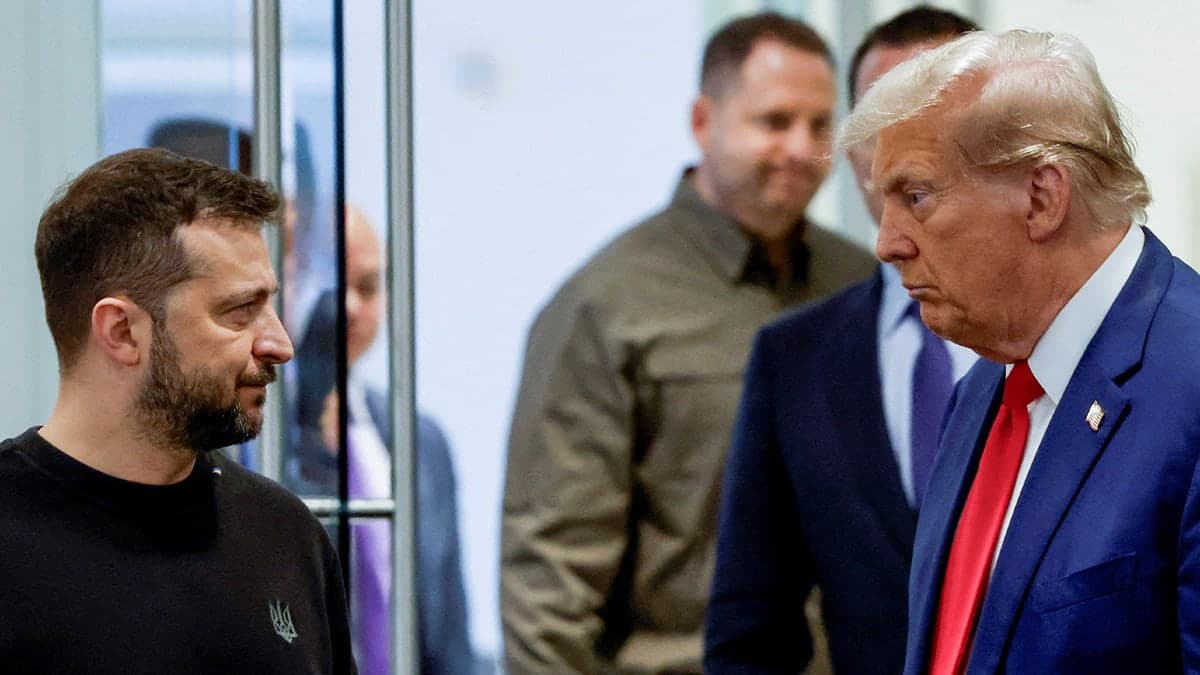Germany Rejects Russia"s Non-Aggression Pact Offer for NATO, EU
On November 5, 2025, amid ongoing concerns regarding the potential escalation of the Ukraine conflict into a broader war, Russia extended a formal offer to enter into a non-aggression pact with European Union (EU) and NATO member states. However, Germany swiftly indicated its disinterest in such an agreement, at least for the time being.
Key Details
Russian Foreign Minister Sergei Lavrov made the offer during the Third Minsk International Conference held in Belarus on October 31, 2025. He stated, "We have repeatedly said that we had, and have, no intention to attack any current NATO or EU member. We are ready to enshrine this position in future security guarantees for this part of Eurasia." Lavrov"s remarks were aimed at countering claims from Western leaders that Russian President Vladimir Putin harbors ambitions to reconstitute the Soviet Union and conquer Europe.
Lavrov expressed frustration with Western governments, asserting that meaningful dialogue with them is currently unfeasible due to their refusal to consider "genuine collective security guarantees" that would address the security interests of all parties, including Russia. He criticized the EU"s approach, stating, "The heads of state and government of the European Union avoid considering these future guarantees, which are based on a completely collective foundation, and proudly declare that, after the Ukraine crisis, security guarantees should exist not with Russia"s participation, but against Russia. This is an example of their mindset."
In response to Russia"s overture, German Foreign Office spokeswoman Kathrin Deschauer addressed inquiries during a press conference. Journalist Florian Warweg from NachDenkSeiten asked for Germany"s assessment of the non-aggression pact proposal. Deschauer did not acknowledge Russia"s offer as a peaceful gesture, instead reiterating Germany"s stance that "the Russian side must end its war." She emphasized that the German government would continue to support Ukraine in its defense against Russian aggression.
This exchange follows Lavrov"s previous statements at the United Nations General Assembly, where he dismissed the notion that Russia is planning to attack NATO or EU states. He remarked, "Threats of force against Russia, accused of practically planning an attack on the North Atlantic Alliance [NATO] and the European Union, are becoming increasingly common," and emphasized that President Putin has consistently refuted such provocations.

Image for Germany Rejects Russia"s Non-Aggression Pact Offer for NATO, EU
Background
The backdrop to this diplomatic exchange is the ongoing conflict in Ukraine, which has heightened tensions between Russia and Western nations. Since the onset of the war, Western leaders have frequently characterized Russia"s military actions as aggressive and expansionist. The fear of a potential third world war looms large, prompting discussions around security guarantees and military alliances.
Germany, as a leading member of both NATO and the EU, plays a crucial role in shaping the West"s response to Russia"s actions. The country"s decision to reject Russia"s non-aggression pact offer underscores its commitment to supporting Ukraine and maintaining a united front against perceived Russian threats.
What"s Next
The rejection of Russia"s offer for a non-aggression pact indicates that diplomatic relations between Russia and Western nations remain strained. As the conflict in Ukraine continues, it is likely that Germany and its allies will persist in their military and financial support for Ukraine. The situation may further complicate efforts for peace negotiations, as both sides remain entrenched in their positions.
As previously reported, the geopolitical landscape in Europe is shifting, with ongoing discussions about security and defense strategies in light of the current crisis. The implications of these developments will be closely monitored by global leaders as they navigate the complexities of international relations in a time of heightened tension.

Image for Germany Rejects Russia"s Non-Aggression Pact Offer for NATO, EU


![[Video] Heavy clashes and gunfire reported in Baghdad, Iraq](/_next/image?url=%2Fapi%2Fimage%2Fthumbnails%2Fthumbnail-1768342239932-848qsh-thumbnail.jpg&w=3840&q=75)




![[Video] Gunfire between Iraqi security forces and Sadr militias in Baghdad](/_next/image?url=%2Fapi%2Fimage%2Fthumbnails%2Fthumbnail-1768343508874-4redb-thumbnail.jpg&w=3840&q=75)
